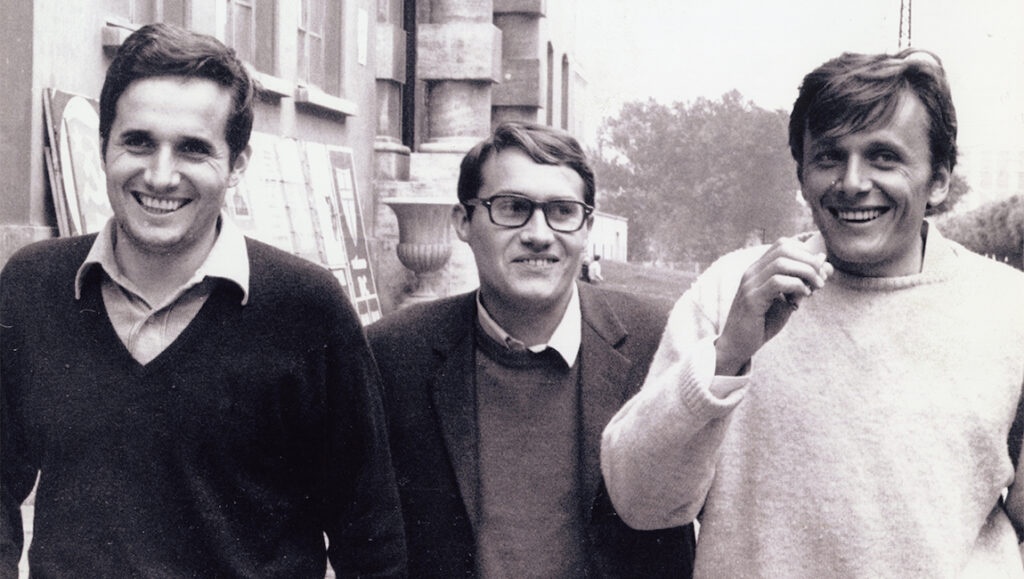Marx Can Wait is a beautiful late work from an artist still pushing the limits of his self-exploration.
One of the great canonical directors of Italian cinema, Marco Bellocchio attends Cannes 2021 as both the recipient of an Honorary Palme d’Or and as an entrant in the Cannes Premiere section, debuting his latest nonfiction feature, Marx Can Wait. It’s a fitting film to be screened in conjunction with the awardance of what is essentially a lifetime achievement award, an intimate documentary that primarily plays out as conversations between Bellocchio and his family, with noteworthy clips from his filmography interspersed. An infrequent documentarian (his last was in 2002), there is an urgency to the undertaking of this production that’s noted by Bellocchio in voiceover at the film’s open, he and his siblings’ advanced ages making it impossible to know how many more occasions they may have to all be in each other’s company at the same time. But this reunion is more Marx Can Wait’s setting than its subject, a venue where the Bellocchio’s can discuss the film’s actual focus: Marco’s twin brother Camillo, who committed suicide just shy of 30 in 1968.
Bellocchio constructs the film’s narrative linearly, interviews with siblings and in-laws, and conversations between Marco and his adult children edited so as to provide a chronological sequence of events from childhood up through the aftermath of Camillo’s tragic, untimely passing. A life-altering event for the Bellocchio siblings (and Camillo’s widow, also deceased, represented here by her sister), Marco has them recount memories of their brother, while leaving them room to theorize on his drives and character, ultimately amounting to a portrait of the man both detailed and compromised by the subjectivities and projections of his family members; though of course, this makes his depiction no less honest. For Marco, being Camillo’s twin, the suicide carries a heightened metaphorical significance, one that, he admits, has informed much of his work. And indeed, to underline this point, several films from across Bellocchio’s filmography make their way into Marx Can Wait, themes of martyrdom and disillusionment with the nuclear family resurfacing throughout, suicide a common plot point. The director has no reservations about interrogating himself in this way, nor does he close himself off from the judgements of those he interviews (particularly his late sister-in-law’s sister, whose outsider perspective necessarily undercuts Marco on a few occasions), his goal with this production to reach some understanding of a brother few truly knew in life. Though of course, we end up learning as much about those speaking on Camillo as we do the man himself, and this is where Marx Can Wait is most affecting, its depiction of a family processing decades-old grief honest and totally unvain. A careful examination of regret and the elusivity of catharsis, Marx Can Wait is a beautiful late work from an artist still pushing the limits of his self-exploration.
Originally published as part of Cannes Film Festival 2021 — Dispatch 6.


Comments are closed.